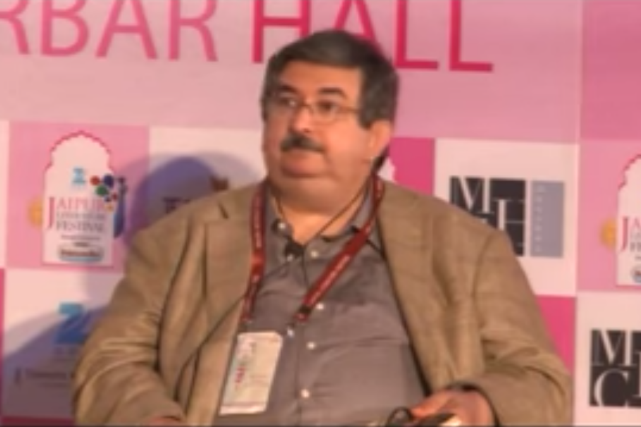At the world's largest free literature festival in Jaipur in India in January 2015, IHRB's senior advisor Salil Tripathi led a conversation on the toxic legacy of the Bhopal gas tragedy, whose 30th anniversary was observed in December 2014.
At the world's largest free literature festival in Jaipur in India in January 2015, IHRB's senior advisor Salil Tripathi led a conversation on the toxic legacy of the Bhopal gas tragedy, whose 30th anniversary was observed in December 2014.
Methyl Isocyanate, a poisonous gas, leaked from a pesticide plant of Union Carbide Ltd, the Indian subsidiary of the American corporation, in December 1984. People started dying immediately, with more than two thousand deaths reported in the first few days.
Over the years, the toll has risen. The Indian Government stepped in, taking over negotiations for a settlement with the company, and announced a settlement a few years later which the Supreme Court of India approved. In the early 1990s, Union Carbide sold its Indian subsidiary to another Indian company. Some time later, Dow Chemicals bought Union Carbide. There has been a global campaign to bring justice to the victims of the tragedy.
At the Jaipur Literature Festival, Salil moderated a discussion with John Elliott, who was the Financial Times correspondent in India in 1984 and reached Bhopal within days of the disaster, and Javier Moro, the Spanish writer, who co-wrote a book, Five Past Midnight in Bhopal, which recounts the tragedy and its aftermath. Their discussion included Elliott recalling what he saw and Moro describing the struggle, and the panel reflecting on the need for justice, the meaning of corporate accountability, and Bhopal's significance in the context of India's environmental regulations and pursuit of growth.





























How should businesses respond to an age of conflict and uncertainty?
As 2024 began, European Commission President Ursula von der Leyen aptly summed up our deeply worrying collective moment. As she put it, speaking at the annual World Economic Forum in Switzerland, we are moving through “an era of conflict and...
26 March 2024 | Commentary
Commentary by Scott Jerbi, Senior Advisor, Policy & Outreach, IHRB